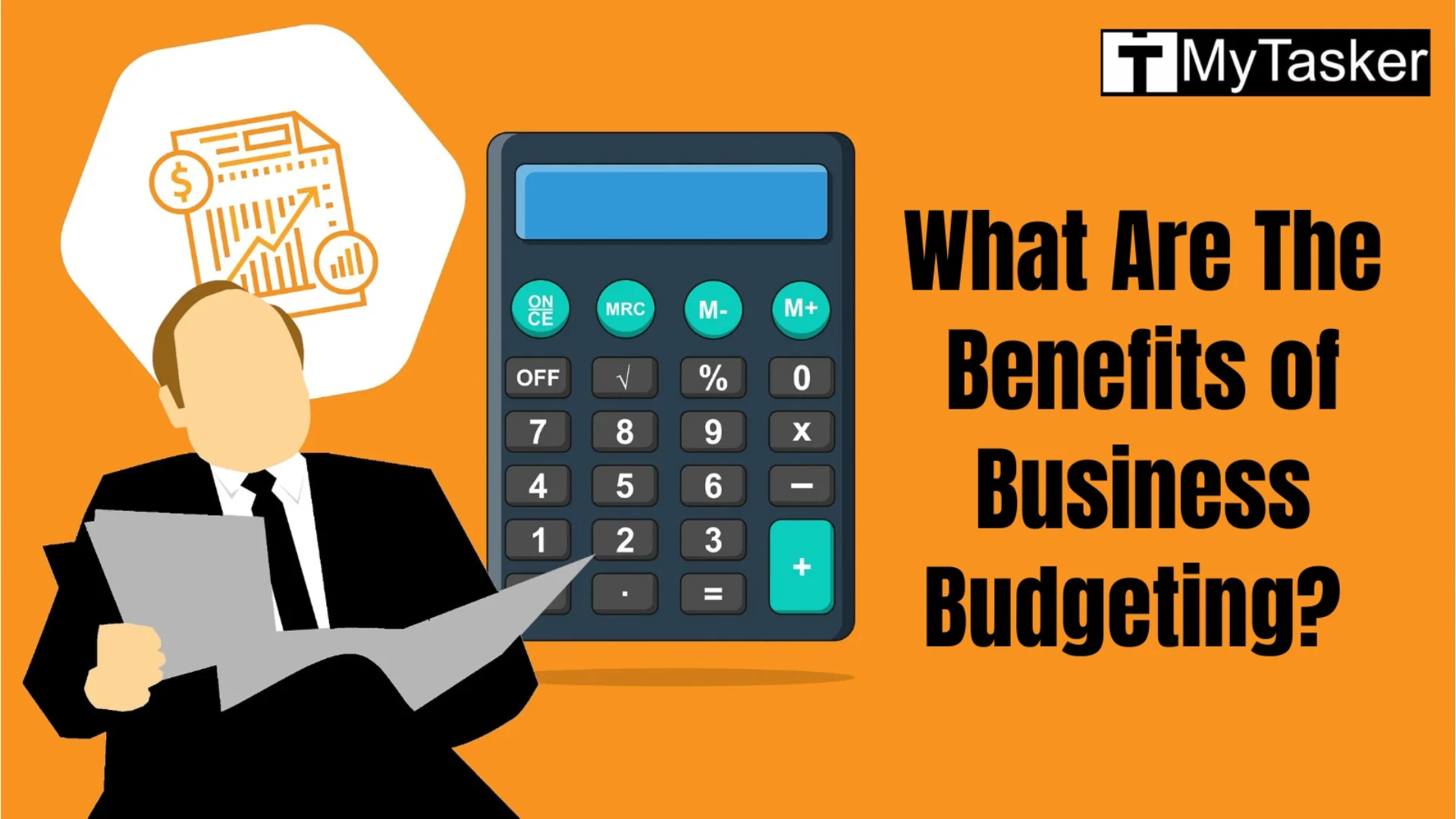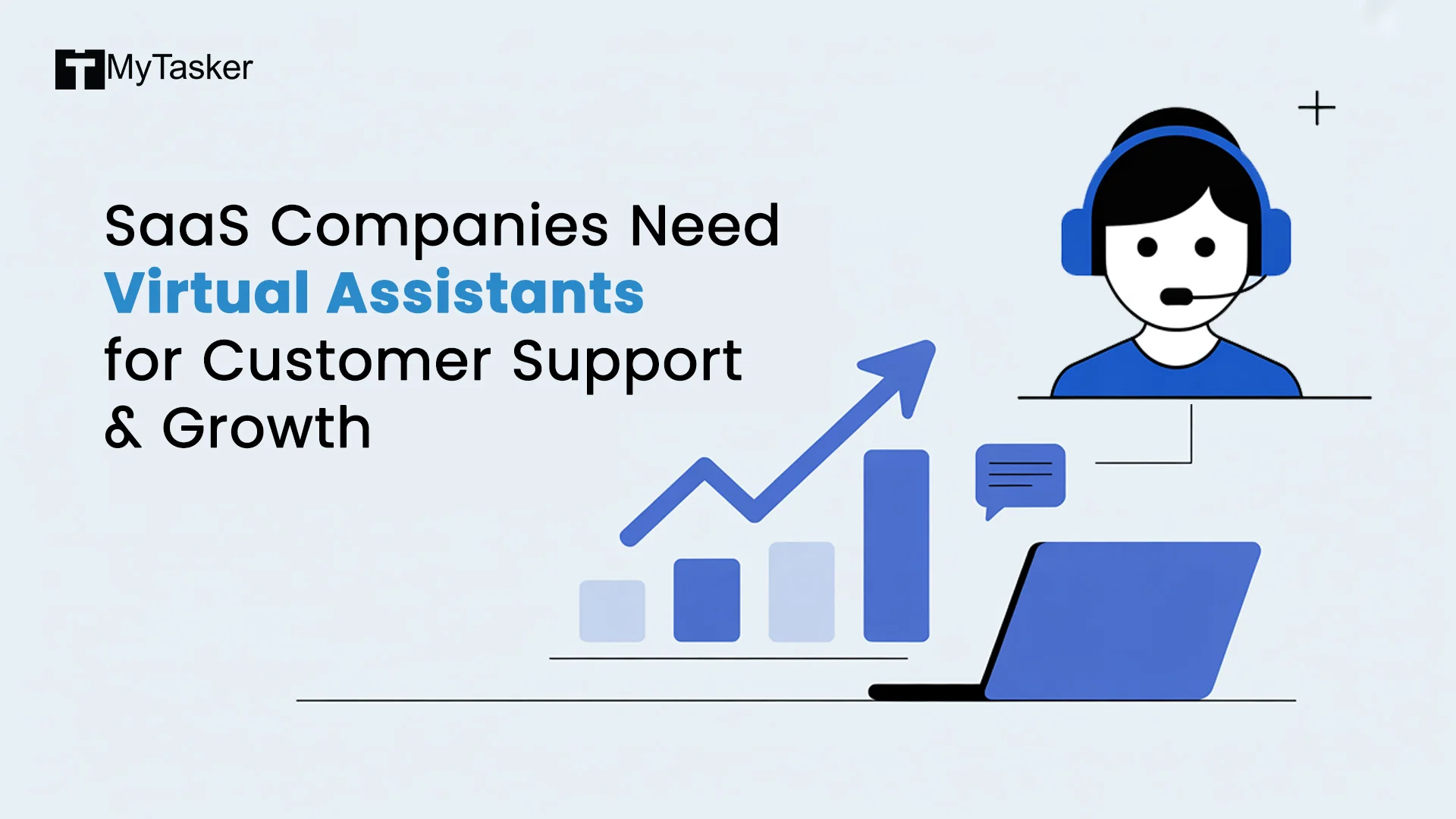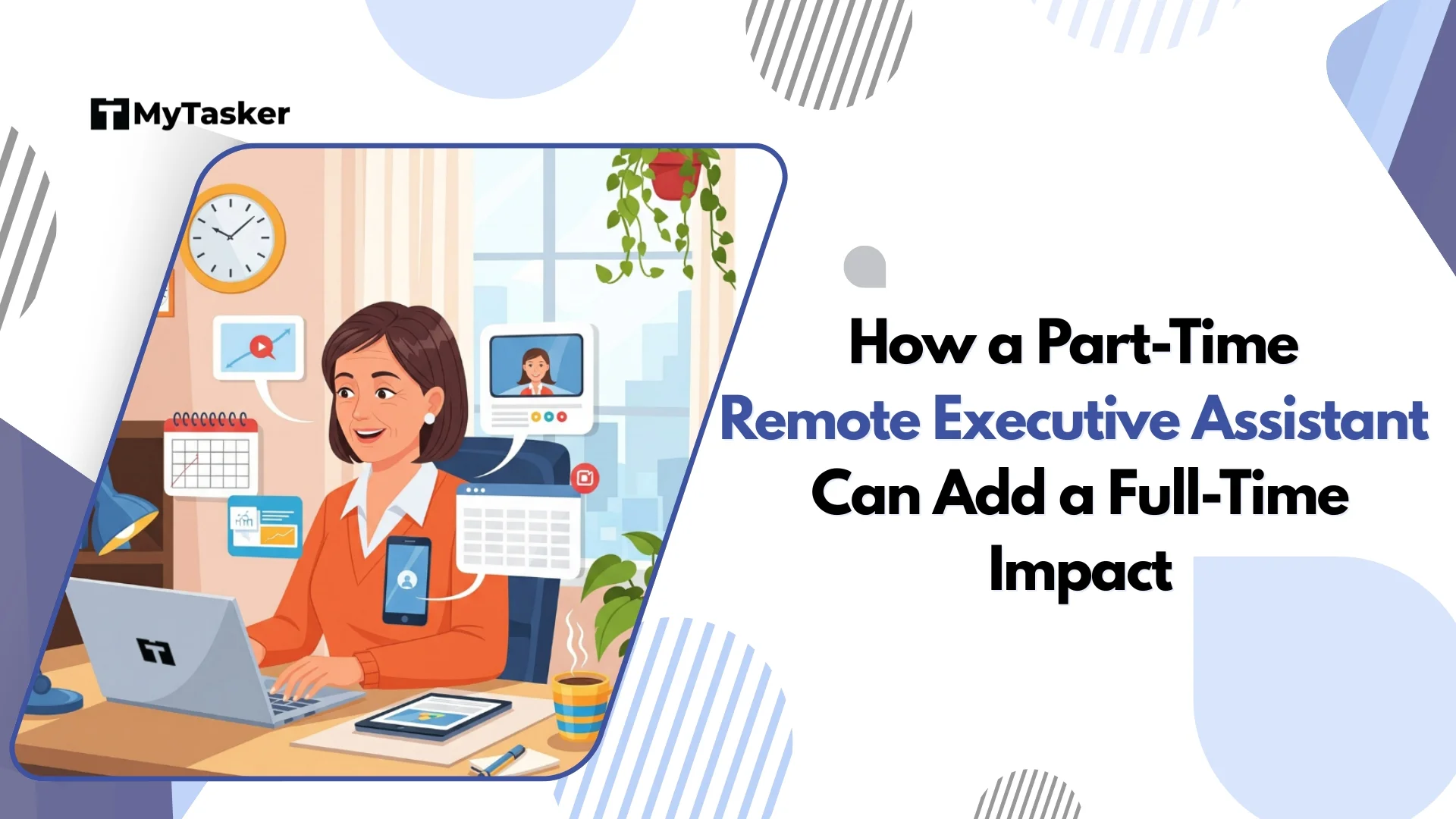Business Budgeting highlights your financial goals and ensures financial growth. It is very wise of you to spend your hard-earned money efficiently and effectively and never get financially burdened.
Business budgeting reflects the plan of how a company wants to earn and spend its funds.It is always important to assess the existing resources of one’s business and then estimate the future cost.Business budgeting acts as the fuel for the smooth functioning of the business. It is the foundation of a profitable bottom line.
If you are starting a business, then you have to design a plan from scratch. However, if you are experienced and have been running a business for some time, you will know the importance of reviewing the financial performance and the budget from the past year. Money management and financial discipline are imperative budgeting solutions to ensure a flourishing business.
You can achieve business goals, allocate resources appropriately, and take smart financial steps with budget planning. We will walk you through some essential budgeting tips, types of business budgets, the importance of a business budget, and a step-by-step guide on how to create a business budget.
What is Budgeting?
Budgeting for small businesses helps the plan of action to track the expenses, income, profit, and loss related to your company. You can outline the amount of money needed for overall expenses including infrastructure, hiring, and management. This enables business owners and leaders to predict future income and costs. The prediction is later converted into a profit and loss statement during the active fiscal year. Budgetary control liberates you to make critical business decisions and actions in times of crisis.
Companies usually divide their budgets into the following categories. Let us check out what are they -
-
Strategic plan budget - This is used for the overall business planning.
-
Cash budget - This is the estimate for business cash inflow and outflow.
-
Master budget - This is the complete budget including the expenditure and earnings in a financial year.
-
Capital budget - The money funded to maintain equipment and property-related expenses.
-
Labor budget - The money you employ to hire, maintain, and retain employees or human support is called the labor budget.
-
Financial budget - A budget plan to help you manage assets, cash flow, income, and costs efficiently.
-
Operational budget - This is the estimate for business earnings and expenses for a specific time.
What is the Importance of Business Financial Planning?
There are multiple steps related to financial planning for your business. It gives you detailed input regarding how much money you have, how much you spend, and the additional money needed for scaling your business. Stay prepared for any situation with a business budget and never fall into debt. Most importantly, you will not be able to run your business without a budget.
Business budgeting helps to control the money you spend, achieve your organizational goals, stay organized, and determine brand performance in the global market.
Moreover, always ask yourself the following questions before you prepare a business budget -
-
What are your costs to expenses based on economic and market trends?
-
How will you meet the business goals with a given budget allocation?
-
What are the profit and loss margins for the starting months?
-
How much money can you keep aside to meet unexpected business challenges?
What Are Some Common Budgeting Prototypes?
Activity-Based Budget
In this type of budgeting, you have to calculate the cost of activities to meet your business target. For example, a company wants to make a sale of USD 40,000 in their first month. The activity-based budget allows for the detection of the activities related to achieving the business goals and the related cost to activities. This helps a company to stay on track to meet its end goals without overspending.
Zero-Based Budget
This is the best cost-restricted approach for emergencies that allows business owners to stay updated on all expenses. The zero-based model is a great budget option for start-ups and businesses that want to restructure their existing plans. It is a time-consuming process due to the extensive accountability approach for every penny spent and earned.
Incremental Budget
The incremental budgeting plan is a simple approach to setting a budget and constantly comparing it with the following monthly or annual results. The owner or budget-maker only needs to add or subtract a defined percentage for fiscal revisions. Nevertheless, it is critical to note that this type of budget is only fitting for businesses that follow fixed-cost type investments. Based on the modified company requirements, they can scale the budget easily.
Value Proposition Budget
Several factors set up a value proposition budget. The intention is to bring out the best results without unnecessary expenses. However, unlike zero-based budget, this budgeting model asks questions like what is the cost and how is it justified. Also, it ponders the query of the value of the company overshadows the costs. This type of business budgeting is good for brands that introduce seasonal services or products.
Tips for Managing Small Business Budgets and Expenses
Review Your Overall Budget - There are several categories and departments when it comes to running a business. Ensure to filter your expenses separately not only for each activity but also for resources and other managerial or operational processes. Reviewing the cost can help to add or remove several factors from the budget. For example, you subscribed to a tool thinking it to be useful for your team but it does not serve the purpose. Contrarily, you may need to subscribe to a new platform for operational automation. Moreover, you need to determine your fixed and varied costs. For example, fixed costs can be employee salary and Internet recharge. On the other hand, varied costs can look like a one-time subscription to a paid tool. Fixed costs are monthly expenses, while varied costs can be one-time purchases.
Try Economic Substitute - Based on your business requirements, allocate your funds to new promotional methods instead of conventional advertising techniques. Spend on pocket-friendly tools like Google Adwords instead of TV commercials and print ads for higher and more useful online promotion. Moreover, if you are a small-scale business that is location or age-specific, then you can try local ads too. You can effectively market to your target audience and save money at the same time.
Choose Cloud Computing - Cloud computing has reformed the way businesses operate. This type of business structure not only saves time but also money. Integrating this technology enables your employees to use collaborative online tools and work remotely. Slack, Microsoft Team, and Google Meet are some examples of these types of tools where you not only get to communicate but also automate processes and share data in real time.
Analyze the Sales Cycle - The first component of a budget is income. Identify each source of business income and tally how much money you are making every month from each source. The income from all sources will help you give a better picture of earnings and determine the costs for future cycles better. Also, businesses have their sales cycle based on the industry and audience. There is a high demand during the busy season while the demand for services may considerably fall in the off-season. Additionally, keep extra money stored for emergencies during business downtimes. Use the slower sales cycle to make new and creative plans to strengthen your marketing strategies.
Try Free Software - There are innumerable open-source free software that save your licensing costs. Customer relationship management systems are one big example. They are easy to use with customized features that allow the same level and flexibility of work as Windows OS or Microsoft Office. Ubuntu is a great alternative operating system in comparison to Windows that does not require high licensing expenses as Windows.
Maintain No-Debt Business - Sometimes, a business owner needs to take loans from banks for different purposes. It is essential to repay the debt to the bank to maintain smooth business operations. Debts in any form in the professional sphere when left unattended can have a huge negative impact. The best approach is no-debt business. However, emergencies may arise at any time and there is no second option other than a business loan. Timely repayment of these debts maintains your credit score and brand reputation. This way, banks and lenders will easily offer you future loans in difficult times based on your high credit score and repayment reliability.
Include Insurance - Getting your business secured should be an objective when you plan a strategy. Insurances are the best examples to be safe than sorry. If you employ strong business insurance to protect your assets, it will save you a lot of money during the time of tax filing and returns. Include the cost of your insurance in the business budget so that you can be prepared in times of unprecedented loss. Also, insurances play a pivotal role in protecting your business assets from theft and harm. You can take your case to court with legal support in case of business fraud. However, it is more effective and stringently works in your favor with business protection insurance.
Benefits of Business Planning and Budgeting
You will astonished to learn the benefits of smart budgeting. Let us see how you can have a competitive edge with a strategic budget -
-
Forecasting your budget allows you to manage and save money from all business ends.
-
Expense tracking is a great way to monitor performance and scale your cost management strategies based on situational or seasonal requirements.
-
Choose from a wide range of business budget templates to meet your business objectives smoothly.
-
Plan a better future with concrete profit, loss, cost, and expense records with cash flow analysis.
-
Motivate your staff and retain them with better working results when you maintain a separate fund for their rewards.
-
Track all sources of costs for resource optimization.
-
Improve the chances of profitability and take control of your business expenditures.
How To Fix A Business Budget?
Business Budgeting is all about where your business stands and how much you can afford. Heading towards the right financial decision or monitoring your financial accountability, can provide you with a competitive edge over others. MyTasker's team of expert financial VAs inspire you to make strategic business decisions.
Feel free to solicit our services to meet the cost of your business activities.
Work closely with accounting professionals and marketing experts with state-of-the-art expertise in making successful, inspiring, and terrific business budgets. Manage business finances better and stay on track with every big and small decision.















